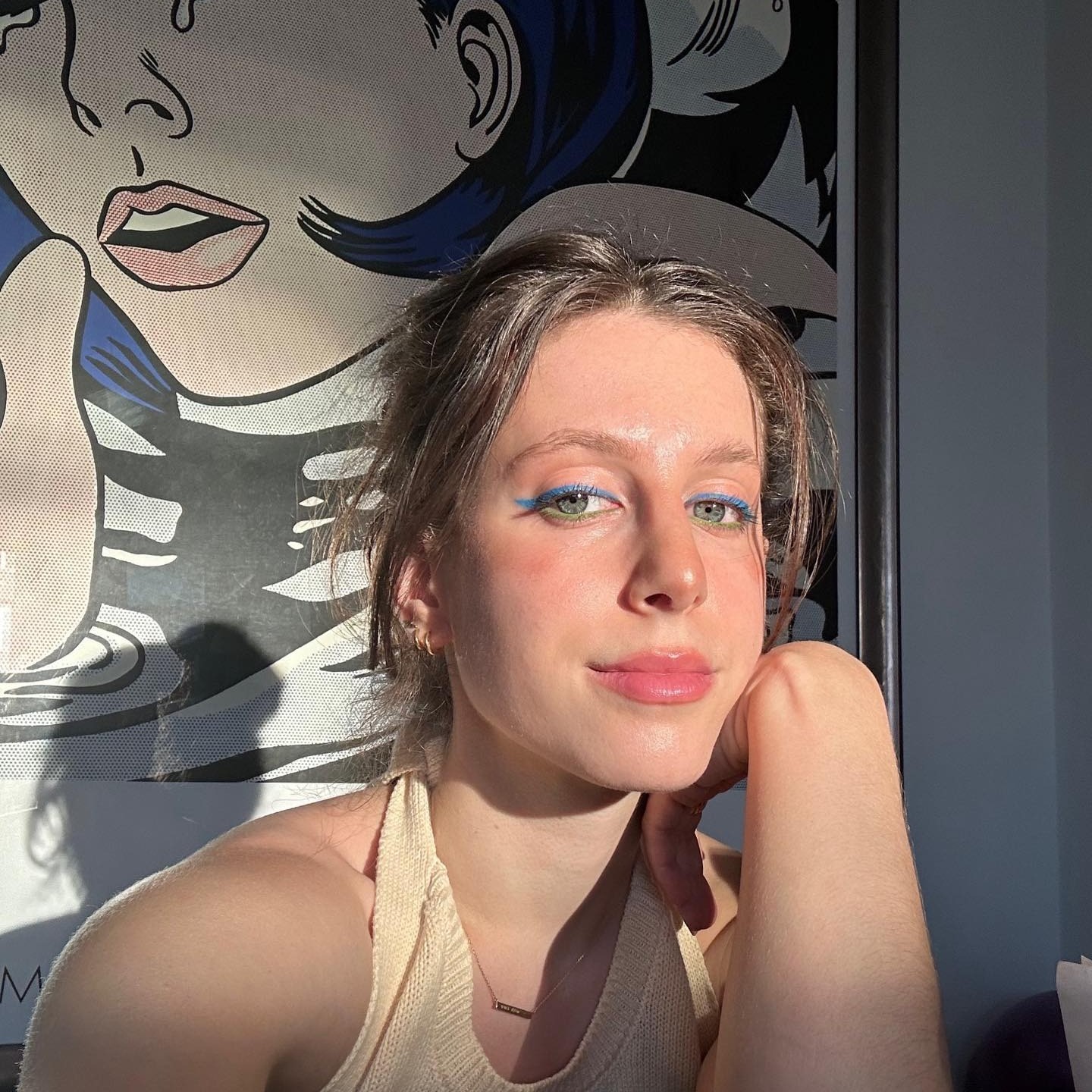How Eating a Plant-Based Diet Changed My Relationship With Food
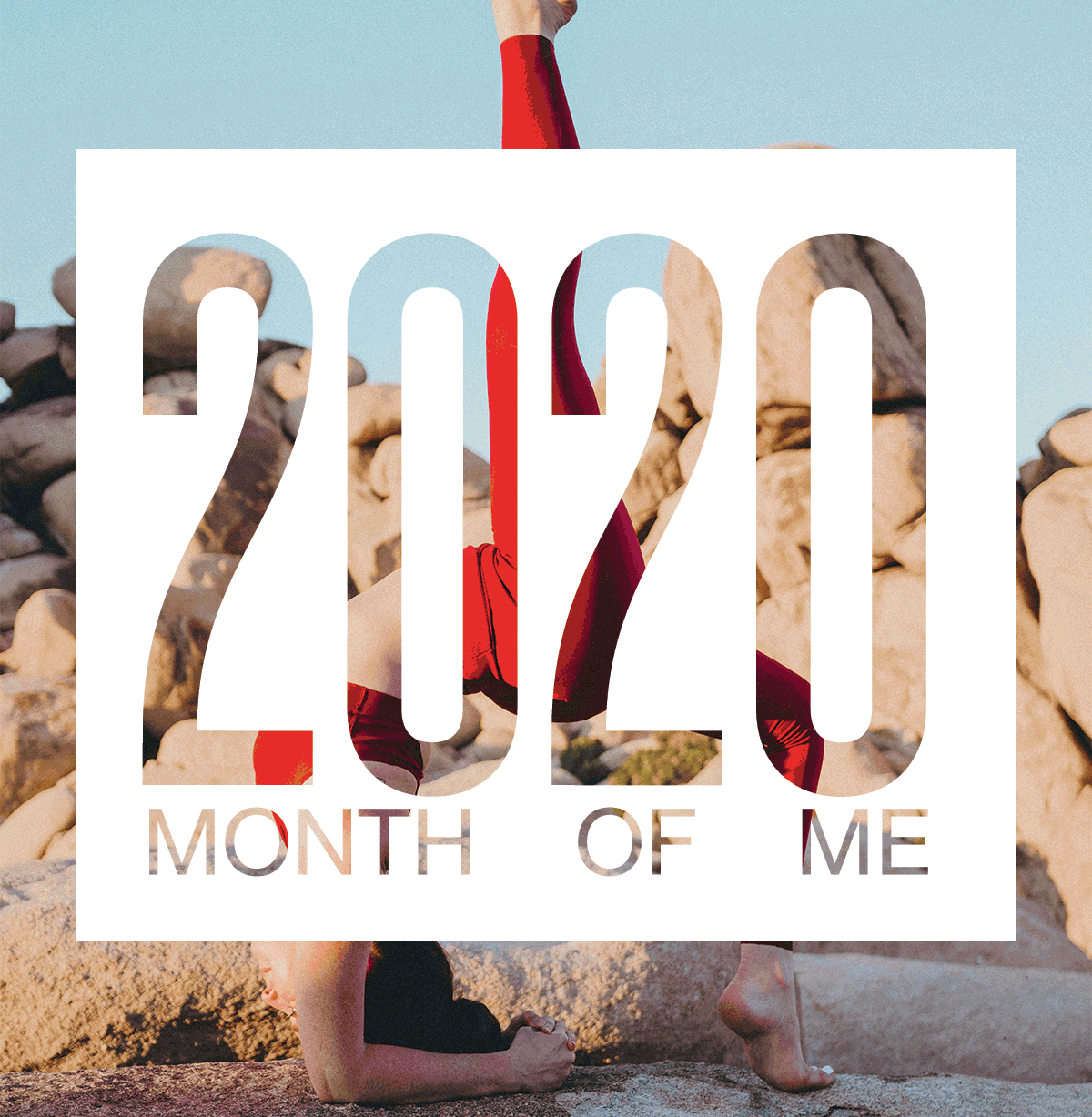
Welcome to Month of Me, where every day in January, we'll be publishing a new fashion, beauty, or wellness article featuring a first-person account of shaking up an old habit, pushing beyond a comfort zone, or simply trying something new. Follow along for 31 days of storytelling, including what it's like to quit alcohol for 80 days, try Beyoncé's very strict diet, or completely overhaul your closet.
Name: Olivia Cappelletti, Podcast Producer, Second Life
What did you try? A plant-based diet for 30 days
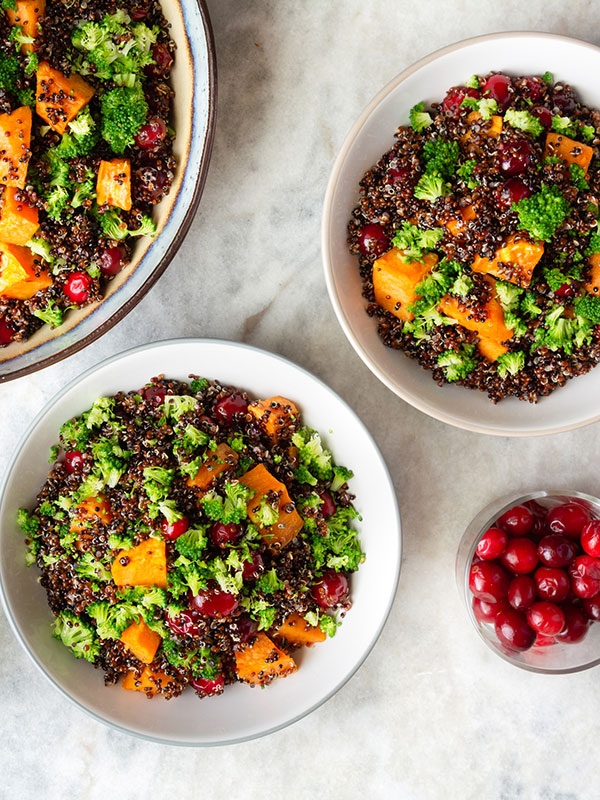
Why did you try it?
1. I've had digestive issues all my life. My main concern in recent years has been my incessant bloat. When I've made conscious efforts to eat healthy (e.g., the Whole30 diet), it at times seemed to make matters worse. I thought more plants might be the answer.
2. I haven't eaten red meat since I was 10 and have made multiple attempts at vegetarianism over the years. I'm a big animal lover and, more important, feel there are a variety of sustainability and environmental issues with the mass production of meat. I now live in L.A., the land of plant-based options. Time to walk the walk and see how "disruptive" to my lifestyle a plant-based diet really would be.
3. Truthfully, I've been dying to try Sakara, but haven't been able to pull the trigger on the price tag. I love to cook, and I love food. The issue when eating in or out is that I don't love to stop. Having pre-portioned nutrient-dense meals would prevent me from overeating and reset my eating habits.
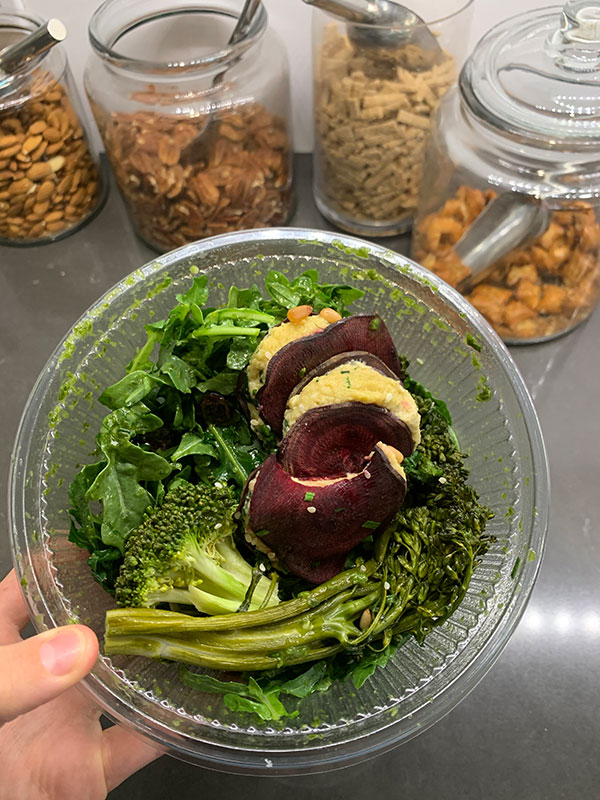
How did you prepare?
I got home from a 10-day trip the night before I embarked on my plant-based journey. Though this was admittedly not planned, and I would not say a visit to Bali is a prerequisite to switching up your diet (though if you'd like that excuse, I'm here for it), the pattern interrupt was a nice way to mentally prepare for this change.
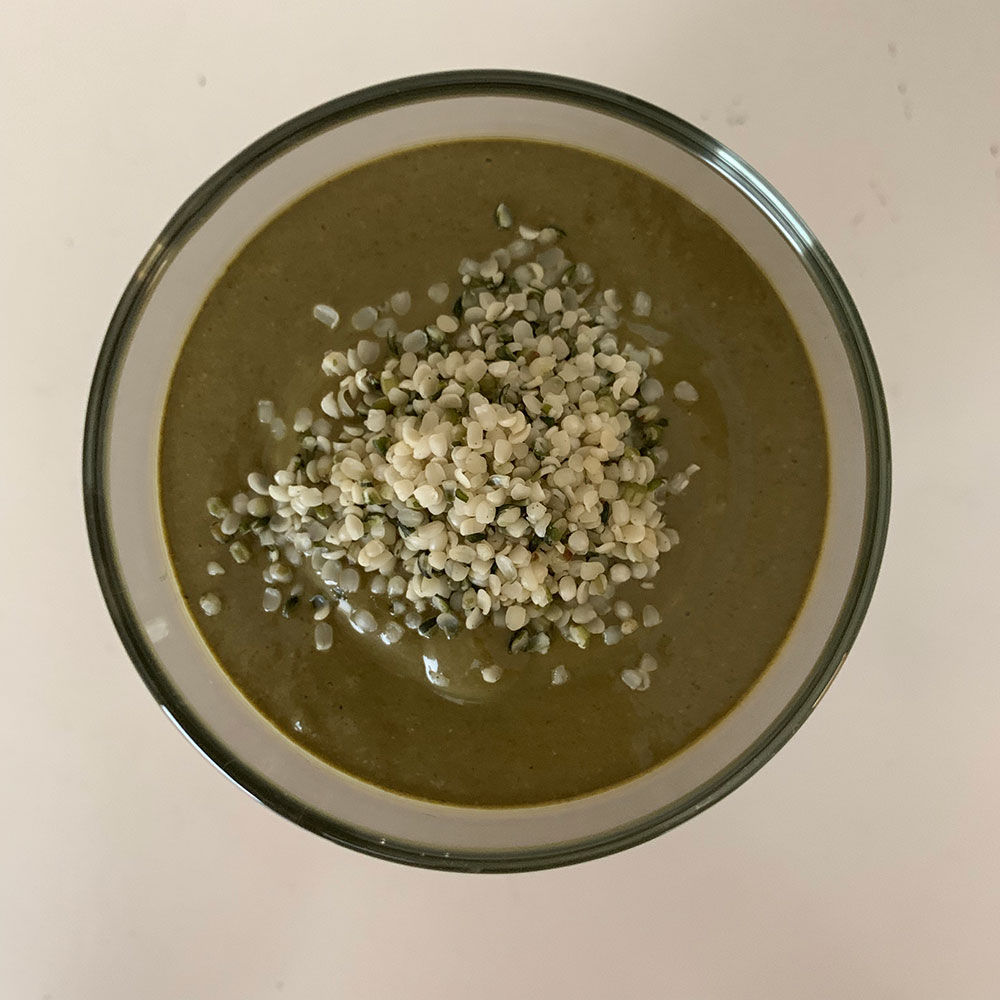
What happened during the whole process?
The first two weeks I switched out animal-based protein in my meals for things like legumes, seeds, and nuts. Processed foods were off the table, and so were most of the good carbs. Cutting sugar was hugely difficult for me since my sweet tooth kicks in after just about every meal I eat. Soups were great for dinner, and grain bowls filled me up more than salads for lunch. Though I don't usually eat breakfast, I wanted to do a three-meals per day program for these 30 days. I found breakfast surprisingly tricky at first—no granola bars, eggs, cereal, toast—but I quickly remembered how much I love chia pudding with berries and all was right in the world again. The urge to snack during the day was real, but the occurrence of plant-based snacks was limited. By week two or so I had it in my head that the snack drawers at work were off-limits and no longer taunted me every time I walked to the kitchen for water.
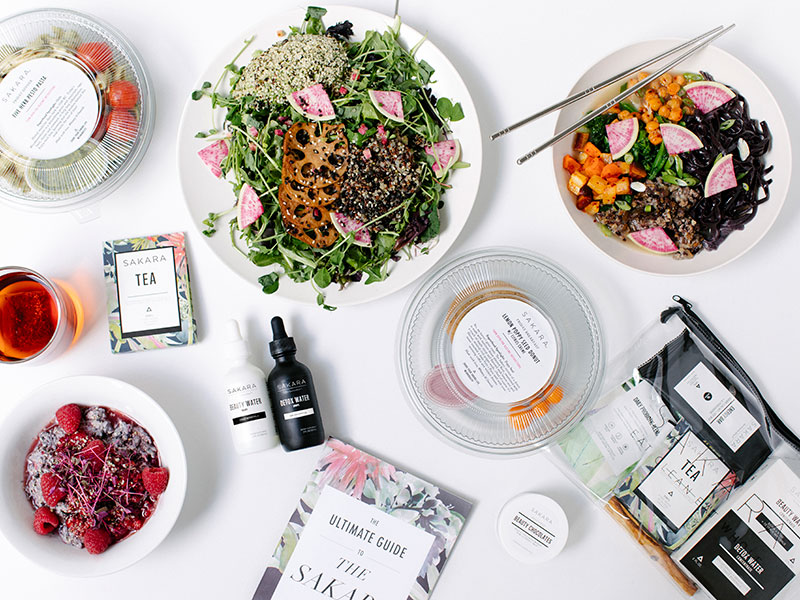
The third and fourth weeks, I tried the plant-based meal delivery service Sakara for breakfast, lunch, and dinner. While it did mean that social dinners were pretty much off the table (I had contemplated the program many times, and wanted to do it right), it made it so much easier to stick to my plan. Endlessly scrolling on Postmates—eliminated. Urge to snack as I prepped a 30-minute dinner—gone. The longest amount of time I waited between deciding I was ready for my next meal and eating was as long as it takes for your toaster to go "ding."
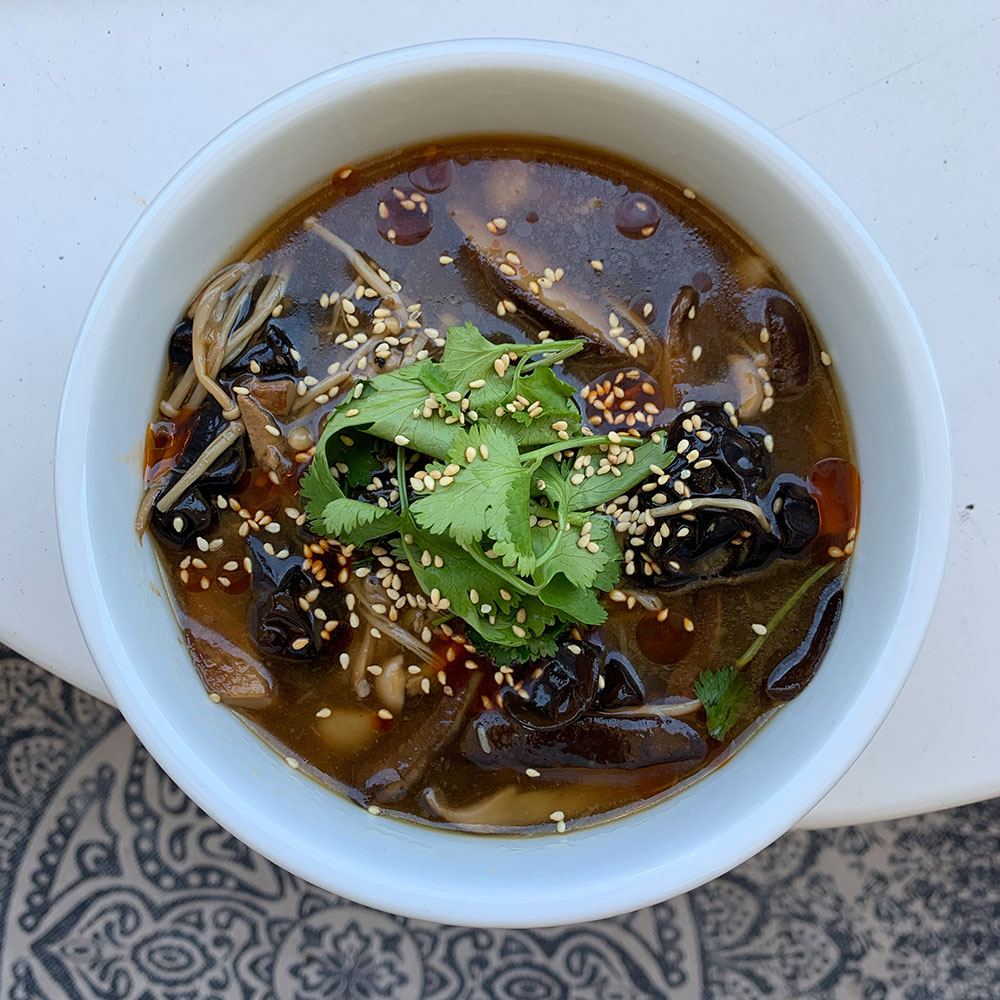
Any challenges?
There are a few circumstances in which this was especially challenging. First off, when drinking. Inhibitions are lowered, mentally I am weak, and that chicken mole quesadilla was looking especially sultry.
This meal regimen was also hard for me if I didn't plan. If I was able to hit the farmers market Sunday, roast veggies for the week, make a big batch of lentils and/or grains, and turn a nut-based yogurt into a faux cream or vegan Caesar dressing, I was set for the week. The freaking picture of health. However, when I failed to plan and found myself arriving home from work at 7:30 p.m. exhausted and ravenous, the impulse to snack on my roommate's chips was intense. Having plant-based food on hand (at the very least, think carrots and homemade hummus), and not letting myself get to the point of starvation was the major key here.
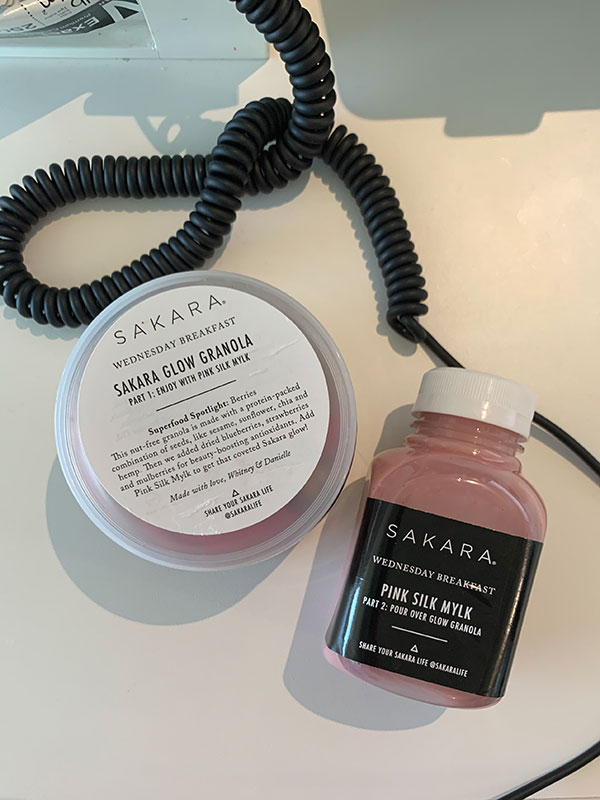
Even in LA, the epicenter of health, eating out was still surprisingly tricky. There are plenty of plant-based or vegan restaurants in most major cities these days, but you're not always going to convince your crew that's the Friday-night move. I made a few concessions on this front. When eating out, I allowed myself to eat butter. It is in so many things at restaurants, and I just couldn't bring myself to be that person who asks the waiter what fat the broccolini is cooked in. No shame in a more regimented game, but this made things a bit more manageable for me and prevented my usual F-it-all mentality at the slightest of missteps.
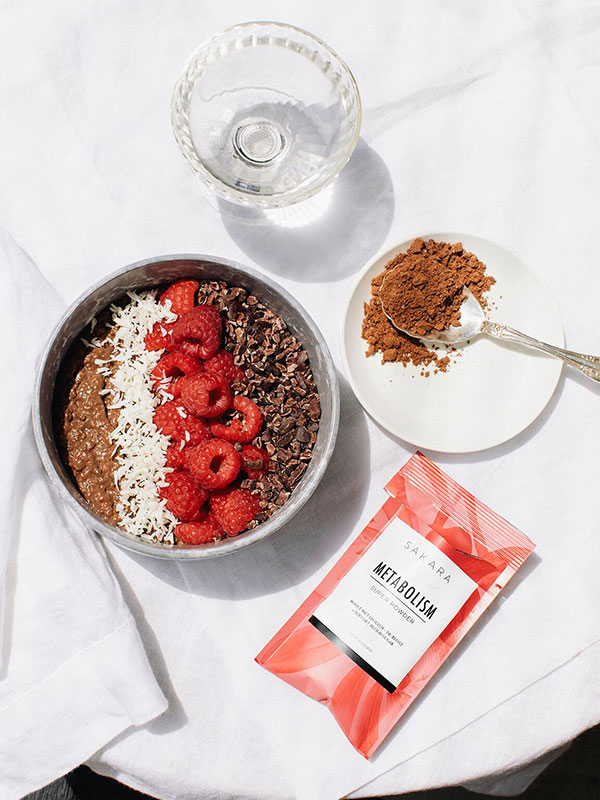
Any surprises?
When following the Sakara meal plan, there are a few things that genuinely shocked me. Namely, I wasn't constantly starving. As I mentioned, I like to eat. I'm a person who thinks of their next meal during the current one, and too often stops when my pants feel tight rather than my brain signals I'm full. Because plants are more easily digested than most other food groups, I was expecting to be hungry between meals, and quite possibly not be satisfied in the first place. I was delighted to find that I was often full before finishing my meals.

Another huge shocker was that my bloat and stomach discomfort had significantly subsided. When I've cut out processed foods in the past like on the Whole30 diet, I couldn't even finish the month-long program because of how uncomfortable it was on my stomach. It seemed that cutting out animal products and focusing on mostly cooked meals gave me energy, decreased my abdominal discomfort, and regulated my system. I also really loved the Sakara probiotics that came with the meal plan. I can't stress how huge this is for someone who has dealt with stomach upset their entire life to no avail.
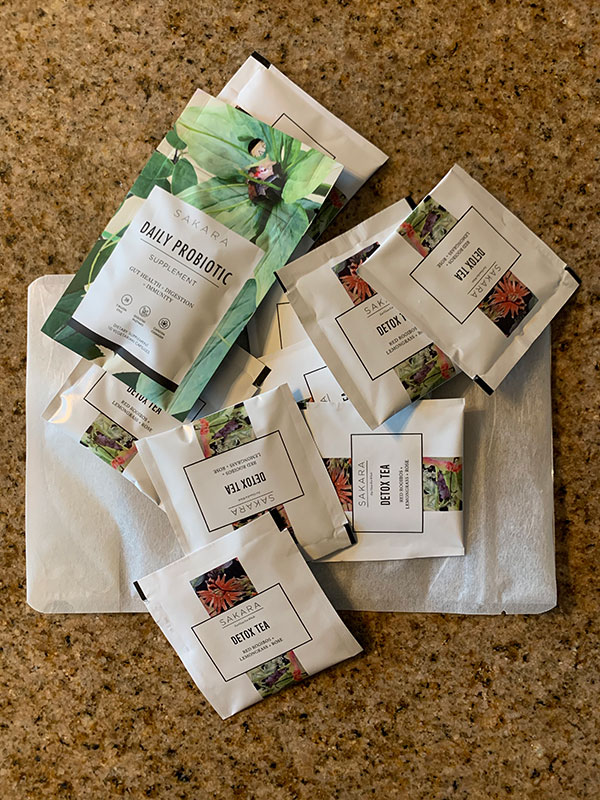
I was also surprised by how down I was not to cook. Cooking is one of my favorite pastimes. It's creatively satisfying, calming, and fulfilling (especially when feeding others). However, none of these perks apply when I'm exhausted and starving after a long workday. Sakara comes in either three- or five-day meal plans (I did the five-day plan, Mondays to Fridays), which means the weekends, aka the days that I actually have the time to pleasurably cook, were still all mine, and my weekday meals became entirely more convenient. I also loved that on the Sakara diet, I felt like I was eating carbs again. Things like the mushroom flatbread and superfood muffins tasted like a total indulgence as compared to my two weeks prior where the only "carb-y" carbs I was eating were a minimal amount of whole grains.

How did you feel afterward? What kind of changes did you notice?
I had significantly more energy, felt more comfortable in my clothes, and finally felt like my digestive system had found some form of normalcy. Getting my bloat in check was huge for me. After a month of resisting chips, processed sodium, or sugar-filled temptations, my cravings for those things had significantly subsided.
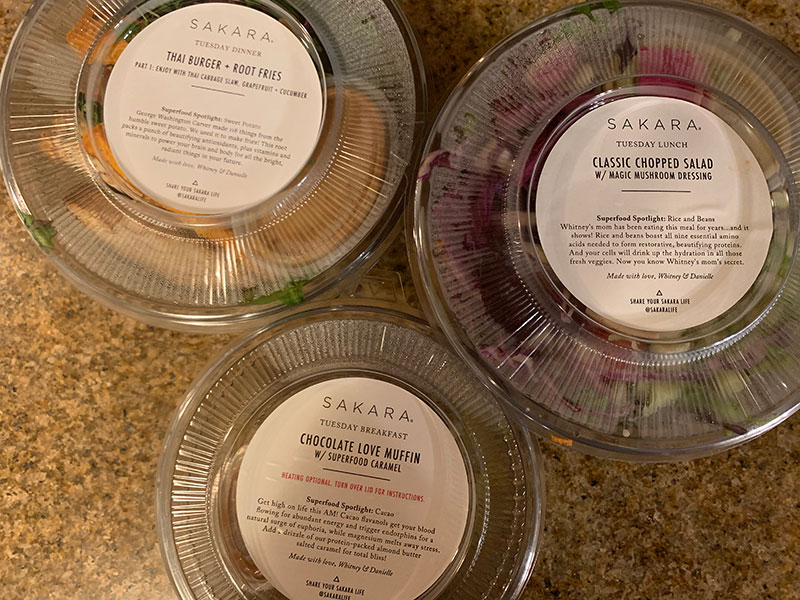
What did you like about it?
I realized that I don't need animal products to get enough protein or feel full from a healthy meal. Experimenting with new sources of protein like chia pudding for breakfast and lentils in grain bowls or salads was a nice change of pace.

What did you hate?
Being "picky" at restaurants was a hard pill to swallow, but I quickly found my way around menus and realized that asking a few clarifying questions was well worth not feeling ill tomorrow. (And I tip well, so I thought, Whatever!)
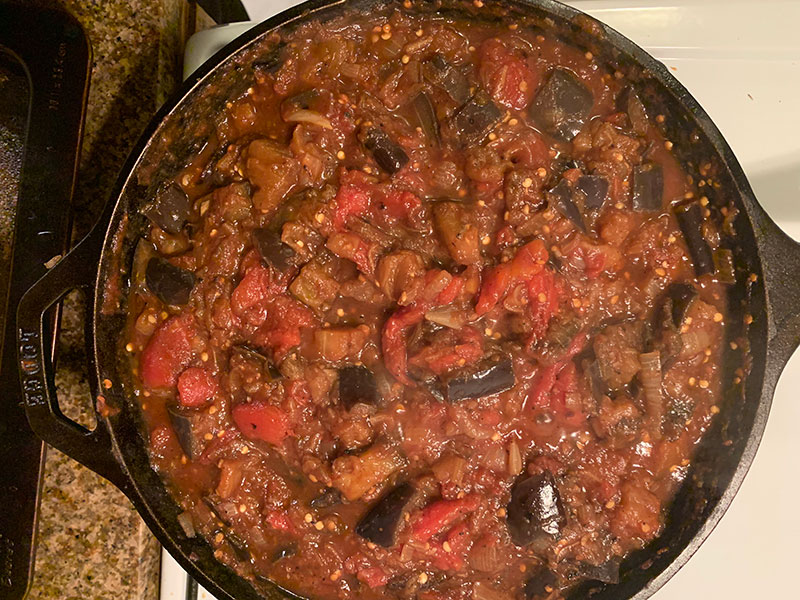
Would you try it again?
I've since cut a significant amount of animal products from my diet. The processed foods are the ones easier to slip back into, but I'm making a conscious effort to think about how I'll feel instead of how something will taste (damn that delayed gratification). I will say I no longer feel the need for animal protein on my plate and shift that focus toward getting in a variety of plants. I'm considering another hard reset soon, as cutting out processed foods significantly helps my energy levels and keeps me motivated to work out.
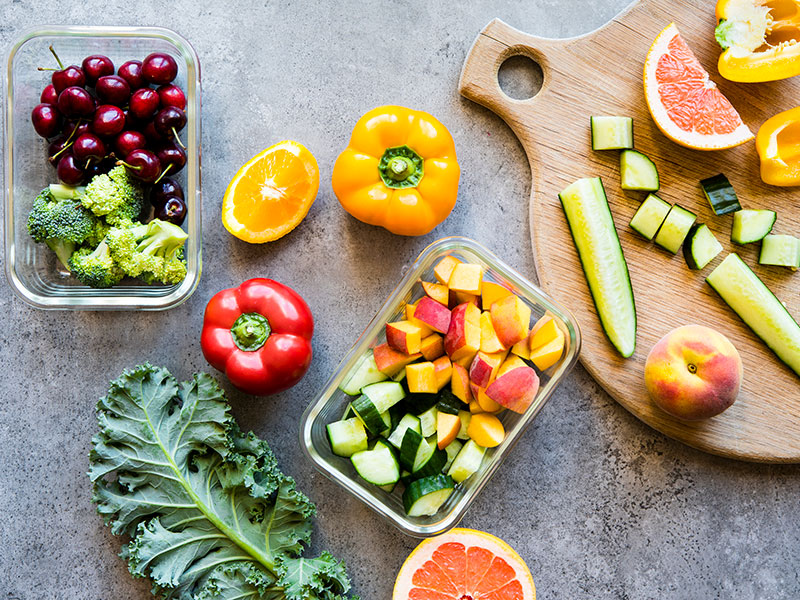
Any advice for anyone who's thinking about trying it?
Pick a month where you have fewer social obligations to limit temptations, but, regardless, you can definitely do this. Take one day per week to plan out and prep a few things (like this spicy mushroom soup from Alison Roman—I replaced the rice noodles and added enoki shrooms and bean sprouts for a full-vegetable situation), and you will set yourself up for success and a stoked stomach. If you have the financial ability, a meal plan like Sakara makes it so insanely easy to eat really really well, and the higher price tag may have even helped keep me committed and accountable.
Next up: I Tried HIIT Workouts for 30 Days Straight, and the Results Were Wild
Disclaimer
This article is provided for informational purposes only and is not intended to be used in the place of advice of your physician or other medical professionals. You should always consult with your doctor or healthcare provider first with any health-related questions.
-
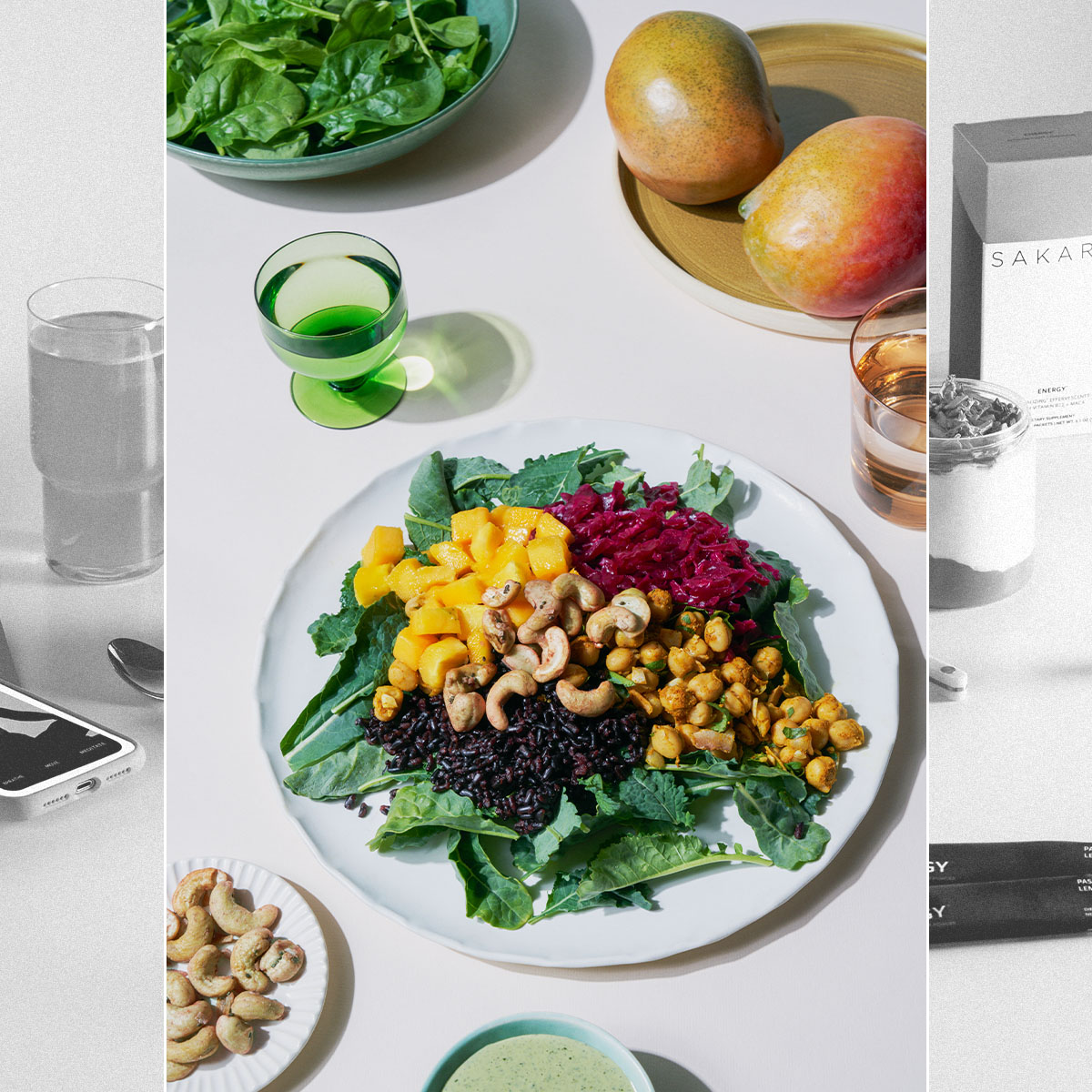 Bella Hadid and Gwyneth Paltrow Apparently Love Sakara Life, so We Tried It for 30 Days
Bella Hadid and Gwyneth Paltrow Apparently Love Sakara Life, so We Tried It for 30 DaysHere are our honest thoughts.
By Erin Jahns
-
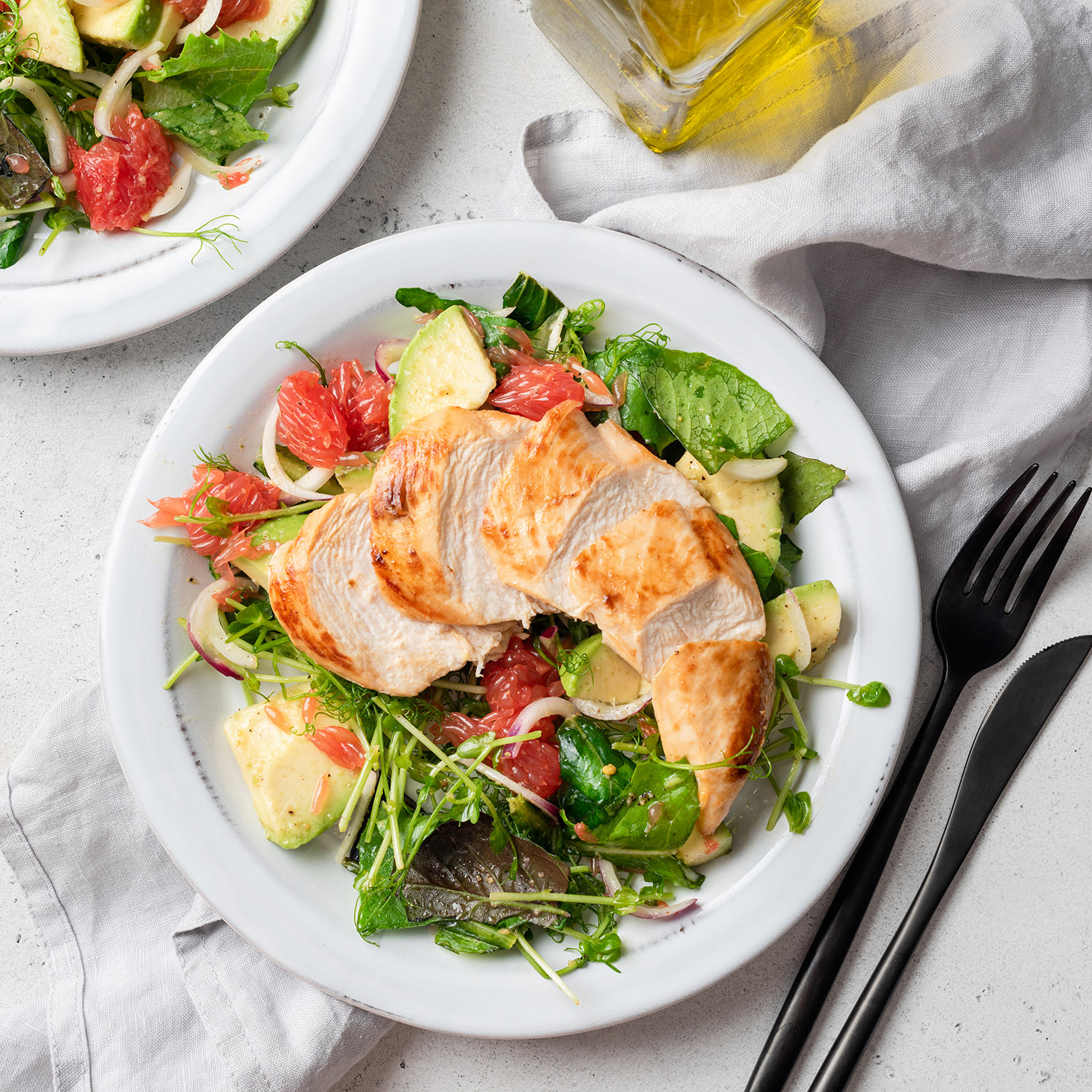 The 6 Warning Signs You're Not Getting Enough Protein
The 6 Warning Signs You're Not Getting Enough ProteinAnd what to eat to up your intake.
By Sarah Yang
-
 Everything This Professional Ballet Dancer Eats to Fuel Her for Performances
Everything This Professional Ballet Dancer Eats to Fuel Her for PerformancesHer grocery staples include high-quality French butter.
By Candice Aman
-
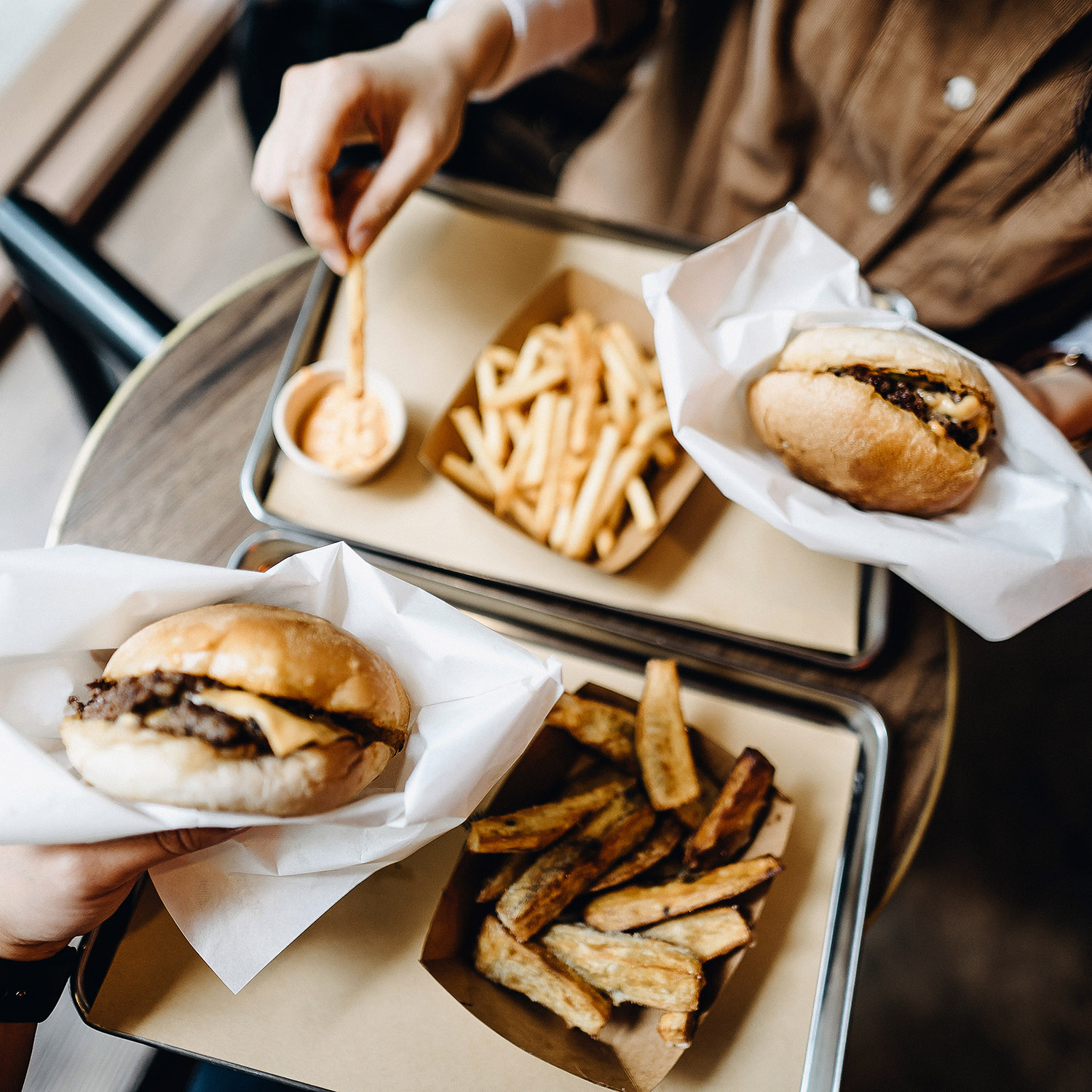 These 8 Foods Are the Worst for Rosacea—Here's What to Eat Instead
These 8 Foods Are the Worst for Rosacea—Here's What to Eat InsteadControl those flare-ups.
By Sarah Yang
-
 15 Things That Cause Bloating and How to Get Rid of It ASAP
15 Things That Cause Bloating and How to Get Rid of It ASAPTry these.
By Sarah Yang
-
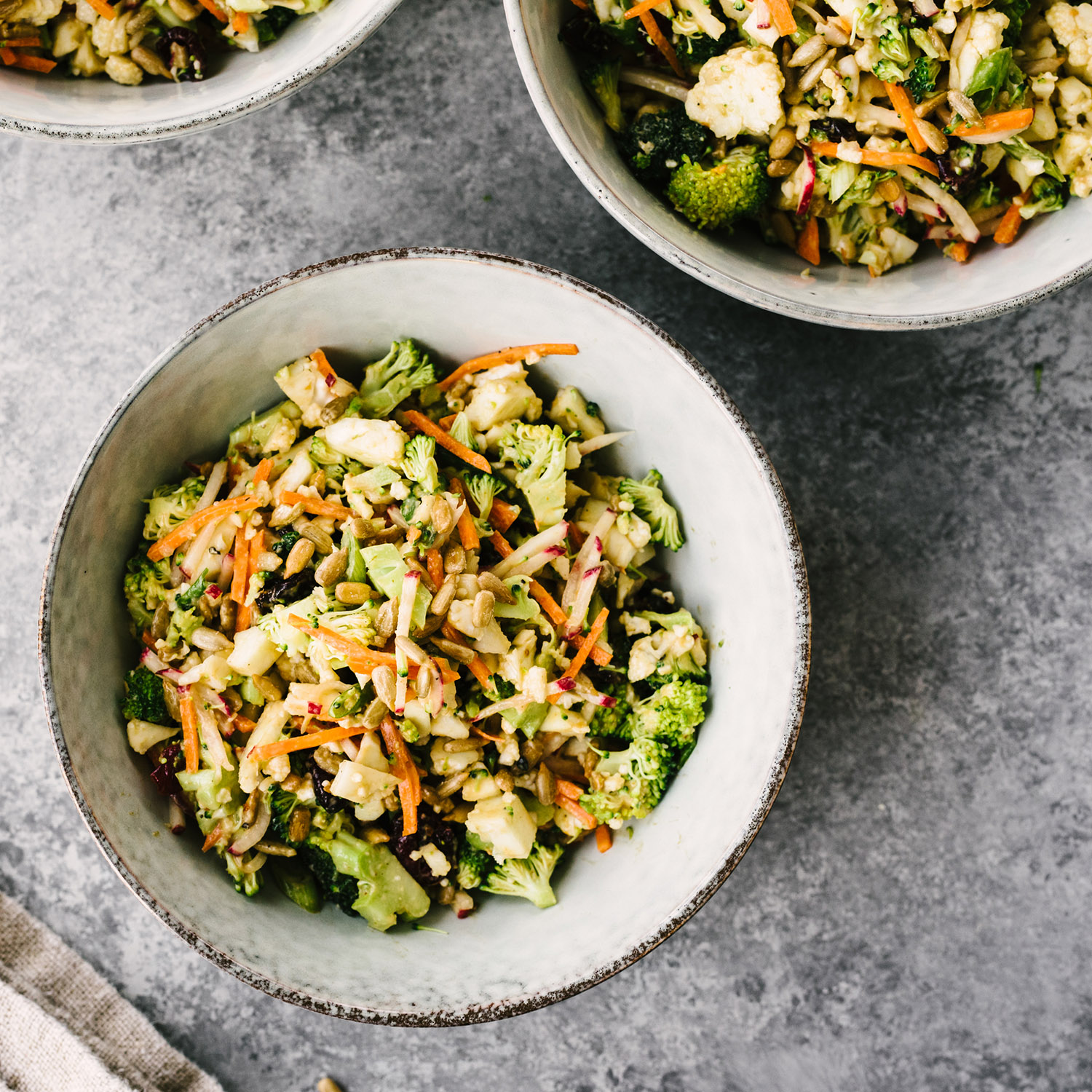 Is the Alkaline Diet Overhyped? What Experts Want You to Know
Is the Alkaline Diet Overhyped? What Experts Want You to KnowHere's how it works.
By Sarah Yang
-
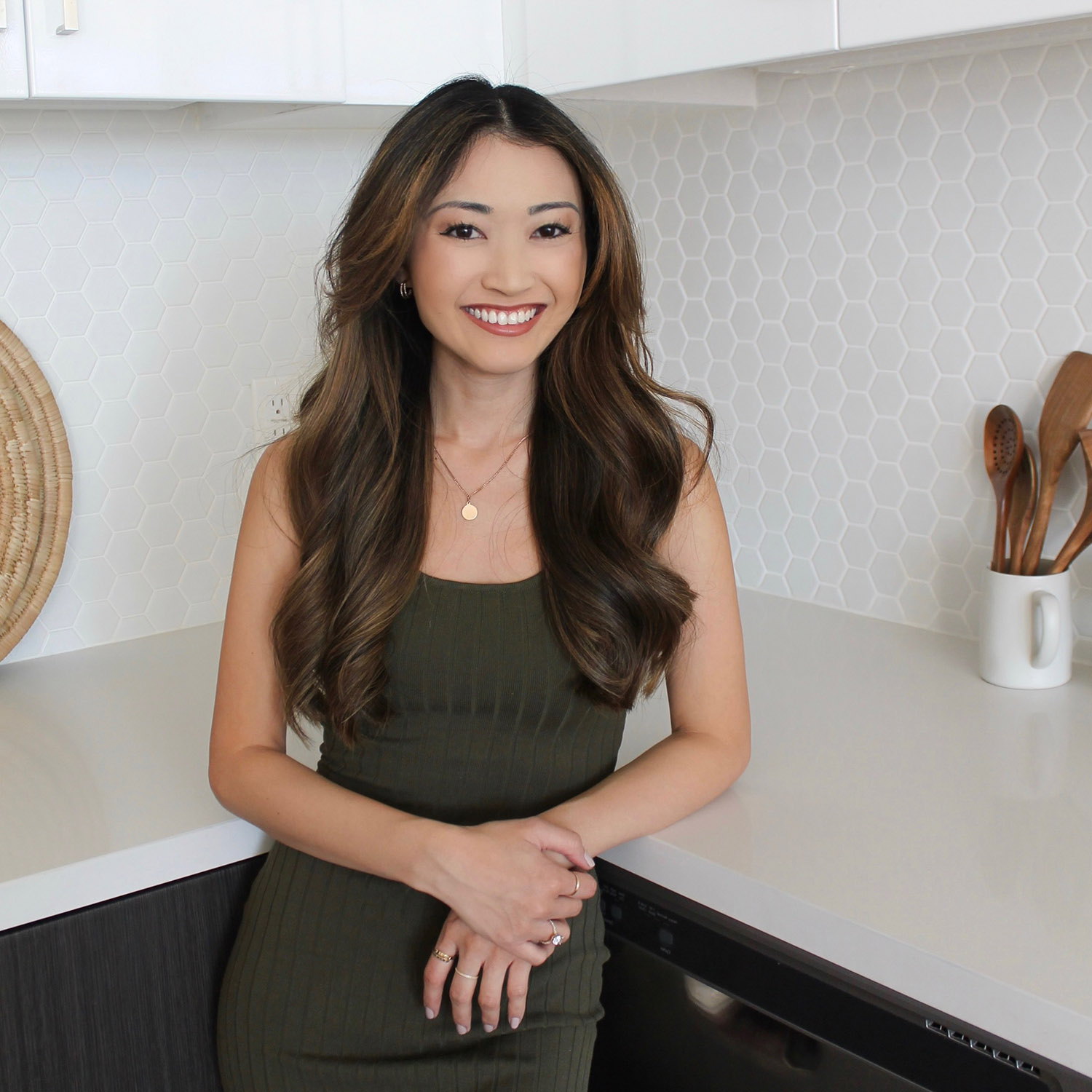 I'm an Imperfect Dietitian and My Key to Eating Healthy Meals Is Convenience
I'm an Imperfect Dietitian and My Key to Eating Healthy Meals Is ConvenienceTake a peek at my weekly grocery staples.
By Candice Aman
-
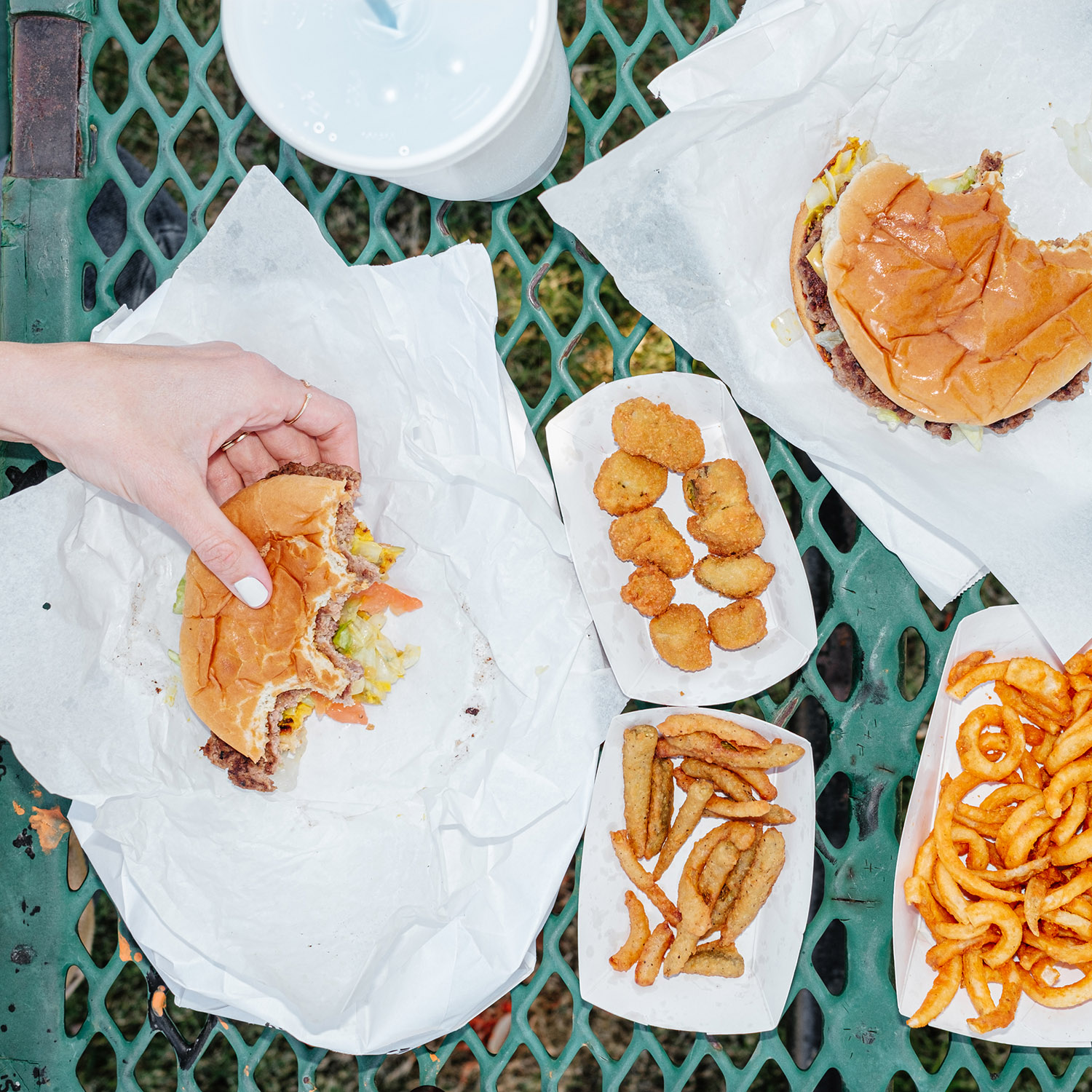 Avoid These 6 Foods—They'll Wreck Your Gut Health
Avoid These 6 Foods—They'll Wreck Your Gut HealthWhat to eat instead.
By Sarah Yang
